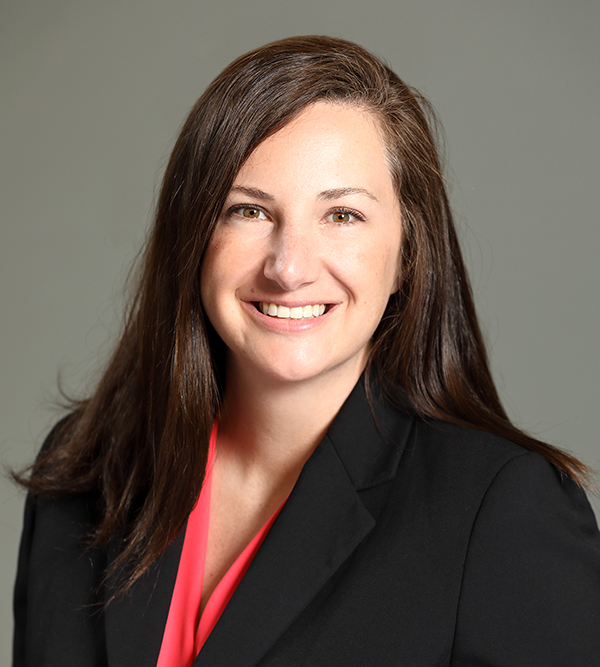The Health series is presented by AdventHealth

Except for skin cancers, breast cancer is the most common cancer in women in the United States. The average risk of a woman in the U.S. developing breast cancer sometime in her life is about 13 percent, according to the American Cancer Society. As Breast Cancer Awareness Month begins, a renewed focus shifts toward the preventative measures we can take to reduce our risk of breast cancer, especially for high-risk patients and breast cancer survivors.
While anyone can be diagnosed, some people are at higher risk for breast cancer than others. “Typically, women who fall above 20 percent have a strong family history of breast or ovarian cancer, carry a genetic mutation that increases risk, or have other factors that contribute,” says Elizabeth Butler, DO, FACS, FACOS, a fellowship-trained breast surgeon with AdventHealth Cancer Center Shawnee Mission. These other factors can include the use of hormone replacement therapy, a previous biopsy demonstrating hyperplasia or atypia, and increased breast density, among others.
What can be done? Butler emphasizes lifestyle modifications, most of which will sound familiar. “Diet is just one part of the puzzle, but I do think a big one. Emerging literature suggests whole-food, plant-based, or plant-centered diets are helpful in reducing risk,” she says. “The Mediterranean diet is similar and boasts many benefits for overall health.” Butler recommends a low consumption of red meat and processed foods, as well as a limitation—or complete elimination—of alcohol. “I emphasize the same things to women recently diagnosed with breast cancer and those in survivorship. Making these changes helps them decrease the risk of recurrence and lowers the risk of other cancers.” She pairs these recommendations with another tried and tested preventative measure—exercise.

“Physical activity is a key component,” says Butler. “Going for a walk is helpful but we really need to get the heart rate up and think about adding in weight-bearing exercise as well.” While counseling high-risk patients, Butler believes in meeting people where they are. “I put a large emphasis on things we can change,” she says. “We can’t change genetics; we can’t change our breast density or family history, but we can change what we put in our bodies and what we do with them.” While patients should strive to do well on all fronts in order to really lower their risk, Butler names quitting smoking and limiting or abstaining from alcohol as two of the biggest factors.
Butler knows people are tired of hearing “drink less, exercise more,” but the classic advice does pan out. And it’s not about perfection. “We can all do something, but we don’t have to do everything,” she says. “Every little bit helps, so I recommend trying small things that take up small amounts of time and money and then building on those.” Breast cancer survivors and patients at high risk are not alone with the AdventHealth Cancer Center’s network of support and resources, including smoking cessation counseling, social work assistance, and follow-up appointments. “It is not enough to just tell them they need to make changes,” she says. “As physicians and other members of the patient’s care team, we help them figure out how.”


